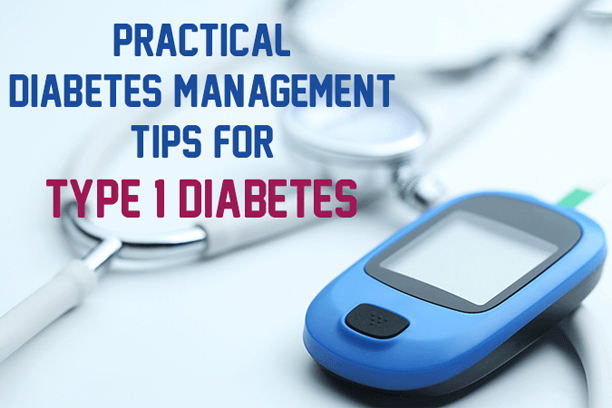What diet is best for pregnancy?
A balanced and nutritious diet during pregnancy is essential for the health of both mother and baby. It can help ensure proper fetal development and reduce the risk of complications during pregnancy and childbirth. Here’s a look at some of the best foods and nutrients to include, as well as those to avoid or limit:
Nutrient-Rich Foods to Include
Folic Acid and Folate: Essential in the first trimester, folic acid helps prevent neural tube defects in the developing baby. Good sources include leafy greens, oranges, beans, and fortified cereals.
Iron: Vital for supporting an increased blood supply and preventing anemia. Good sources include lean meats, leafy greens, beans, and fortified cereals. Pairing iron-rich foods with vitamin C sources, like citrus fruits or bell peppers, helps improve absorption.
Calcium and Vitamin D: Important for bone health and development, calcium and vitamin D work together to support strong bones and teeth. Dairy products, fortified plant milk, leafy greens, and salmon are excellent sources.

Protein: Essential for the growth of fetal tissue and the placenta, protein should be included in each meal. Lean meats, poultry, fish, eggs, beans, nuts, and dairy are good sources.
Omega-3 Fatty Acids: DHA and EPA, found in fish, nuts, and seeds, are essential for the baby's brain and eye development. Safe sources of DHA include low-mercury fish like salmon, sardines, and trout.
Fiber: Constipation is a common issue during pregnancy, and fiber can help alleviate it. Whole grains, fruits, vegetables, and legumes provide both fiber and additional essential vitamins and minerals.
Important Nutrients and Supplementation
Prenatal Vitamins: While whole foods should be the main source of nutrition, a daily prenatal vitamin helps fill any nutritional gaps. Prenatal vitamins typically contain folic acid, iron, calcium, and DHA, among other essential nutrients.
Foods to Avoid or Limit
High-Mercury Fish: Fish like shark, swordfish, and king mackerel contain
high mercury levels and should be avoided.
Unpasteurized Foods and Soft Cheeses: Unpasteurized dairy, juices, and
soft cheeses like Brie and feta can carry harmful bacteria, like listeria,
which can be dangerous during pregnancy.
Raw or Undercooked Foods: Sushi, raw eggs, and undercooked meats may
harbor bacteria or parasites that can pose risks to both mother and baby.
Excess Caffeine: Limit caffeine to less than 200 mg per day (about one
12-ounce cup of coffee) to reduce the risk of miscarriage and preterm
birth.
Alcohol: There is no safe level of alcohol during pregnancy, as it can
harm fetal development.
Sample Pregnancy Meal Plan
Breakfast: Oatmeal topped with fresh berries, a sprinkle of nuts, and a
glass of fortified orange juice for vitamin C.
Lunch: Spinach salad with grilled chicken, avocado, a handful of nuts, and
a vinaigrette dressing.
Dinner: Baked salmon with quinoa and steamed broccoli for fiber, protein,
and omega-3s.
Snacks: Yogurt with fruit, a hard-boiled egg, or apple slices with almond
butter for extra protein and fiber.
A well-rounded diet full of nutrient-rich foods, safe supplementation, and limited intake of risky foods can support a healthy, happy pregnancy. Always consult with a healthcare provider or registered dietitian to ensure your diet meets specific needs during each stage of pregnancy.
Popular Services
Physical Therapy
Plans customized to manage weight with diabetes with a focus on reversal of Type II diabetes.
Contact Us100
Customer950
Per Day Visitors2000
Satisfied Clients10
Award Winning




